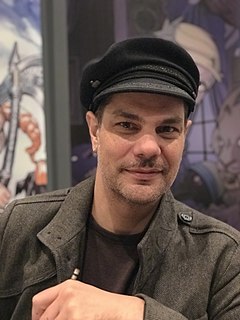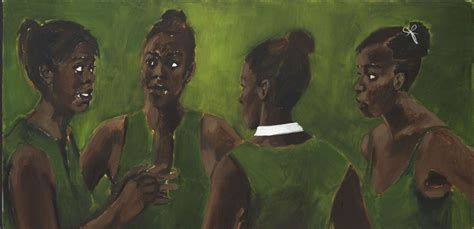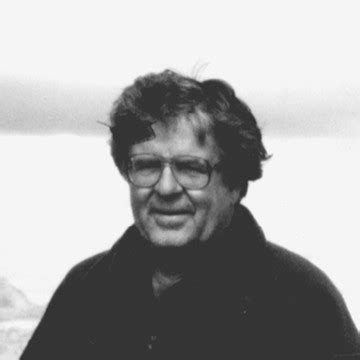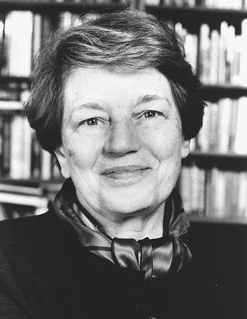A Quote by Alice Munro
Some of the stories I admire seem to zero in on one particular time and place. There isn't a rule about this. But there's a tidy sense about many stories I read. In my own work, I tend to cover a lot of time and to jump back and forward in time, and sometimes the way I do this is not very straightforward.
Related Quotes
I talk all the time about how much I read growing up and how much I love Stephen King and how he impacted my work from a genre perspective, but Pat Conroy wrote some of the most magnificent stories about characters who had to deal with dysfunctional families and try to find a place of honor in their own world and the pain of loss.
The timelessness is completely important. It's partly about removing things that would become in some way nostalgic. There aren't really any markers of time, like furniture or a particular style of shoe that denote a particular period or place. I think that's why I like the outdoors, because it removes a sense of time and I want the painting to feel timeless, because it increases that sense of omnipotence.
I continued for too long to do things that I already knew how to do, or to write stories that I was assigned instead of fighting for stories that I couldn't get, or doing ones that I thought were important on my own. The wasting of time is the thing I worry about the most. Because time is all there is.
Places come to exist in our imaginations because of stories, and so do we. When we reach for a "sense of place," we posit an intimate relationship to a set of stories connected to a particular location, such as Hong Kong or the Grand Canyon or the bed where we were born, thinking of histories and the evolution of personalities in a local context. Having "a sense of self" means possessing a set of stories about who we are and with whom and why.
Nobody knows what will work until they try it. Some of comics' biggest success stories in recent years have explored subjects that no one was writing about at the time - stories no one had any reason to think would succeed. My advice? Write what you want to read. You'll have more fun doing it - and if all else fails, you'll always have at least one loyal reader.
Many years ago, in the late '70s, I toured colleges along the East Coast and I presented a kind of show where I got a lot of books and poetry and pieces of [William] Shakespeare and other writers that I admire, read it to the class and then afterward we would talk and I would answer questions. It was really a way of expressing and finding out about where I was at that particular time, so it was very therapeutic for me.
There is something I keep wanting to say about reading short stories. I am doing it now, because I many never have another occasion. Stories are not chapters of novels. They should not be read one after another, as if they were meant to follow along. Read one. Shut the book. Read something else. Come back later. Stories can wait.





































